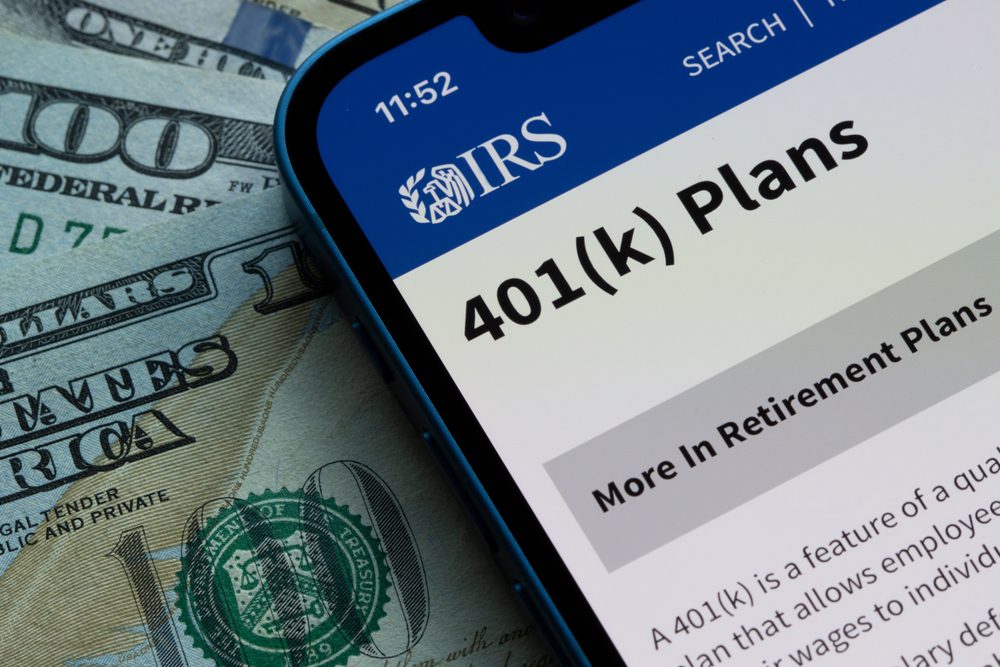
The Potential Pros of a Reverse Mortgage
For the right person in the right situation, a reverse mortgage can be a life-changing financial tool. It offers several potential benefits that can bring peace of mind and stability during retirement. Let’s explore the upsides.
Pro: Eliminates Your Monthly Mortgage Payment
If you are still carrying a mortgage balance into your retirement years, you know how much of your monthly budget that payment can consume. For many seniors, this is their single largest expense. A reverse mortgage can provide immediate and significant relief. The first thing a reverse mortgage does is pay off any existing mortgage on your property. By eliminating that monthly payment, you can free up hundreds or even thousands of dollars each month. This extra cash flow can be used for essentials like groceries, utilities, healthcare costs, or simply to reduce financial stress.
Pro: Provides a New Source of Retirement Funding
Social Security and pensions are the bedrock of retirement for many, but sometimes they don’t stretch far enough, especially with rising costs. A reverse mortgage can provide an additional source of funds to help you live more comfortably. This money can be used for anything you need. You might use it to pay for in-home care to help you age in place, make home modifications like adding a wheelchair ramp or a walk-in shower, cover unexpected medical bills that Medicare doesn’t fully pay for, or simply have a financial cushion for emergencies.
Pro: You Continue to Own Your Home
A common myth about reverse mortgages is that the bank takes ownership of your home. This is not true. With a reverse mortgage, your name remains on the title, just as it does with a traditional mortgage. You are still the owner. You have all the rights of homeownership, including the ability to decide on renovations or to live there for as long as you meet the loan’s requirements. The lender only has a lien on the property, which is their security for the loan, the same as any other home loan.
Pro: The Money You Receive Is Generally Tax-Free
Because the money you get from a reverse mortgage is considered a loan advance and not income, it is typically not subject to federal income tax. This can be a significant advantage compared to withdrawing money from a traditional 401(k) or IRA, which is usually taxed as ordinary income. However, it’s always wise to consult with a qualified tax advisor or financial planner to understand how it might apply to your specific situation, as this information is not tax advice.
Pro: Flexible Payment Options to Suit Your Needs
As we covered earlier, you aren’t locked into one way of receiving your money. The flexibility of a lump sum, monthly payments, or a line of credit allows you to tailor the loan to your personal goals. If you need a stable, predictable supplement to your income, monthly payments can be a great choice. If you want a safety net for the unknown, a line of credit that you can tap into only when needed might be the perfect solution. A unique feature of the HECM line of credit is that the unused portion of the line grows over time, giving you access to more funds in the future, regardless of what happens to your home’s value.
Pro: It’s a Non-Recourse Loan
This is a powerful protection worth repeating. The non-recourse feature of an FHA-insured HECM guarantees that the amount to be repaid can never exceed the home’s value at the time the loan is due. If the housing market takes a downturn and your loan balance ends up being more than what your home can be sold for, the FHA insurance covers the loss. This protects your other assets and ensures your heirs will not be burdened with a debt that is larger than the value of the property they inherit.









